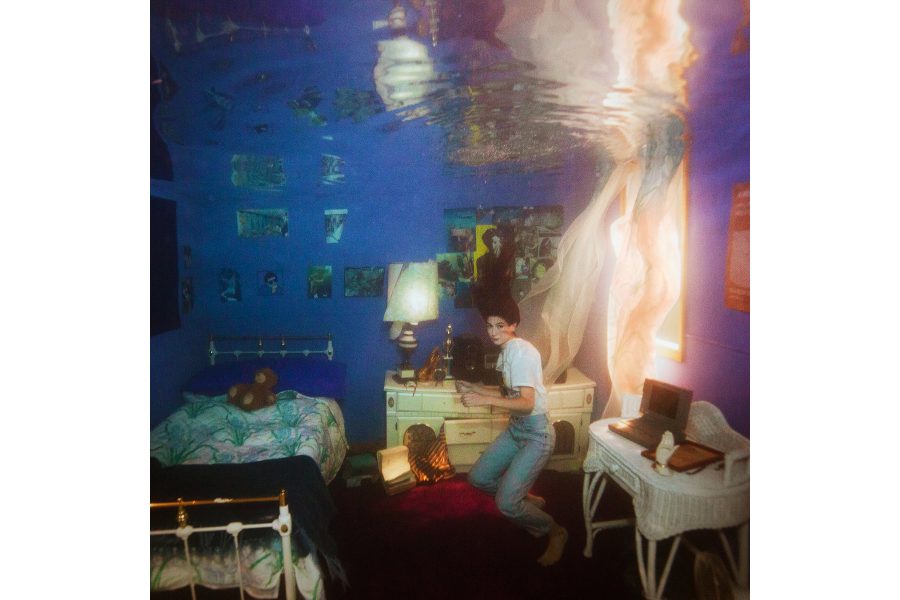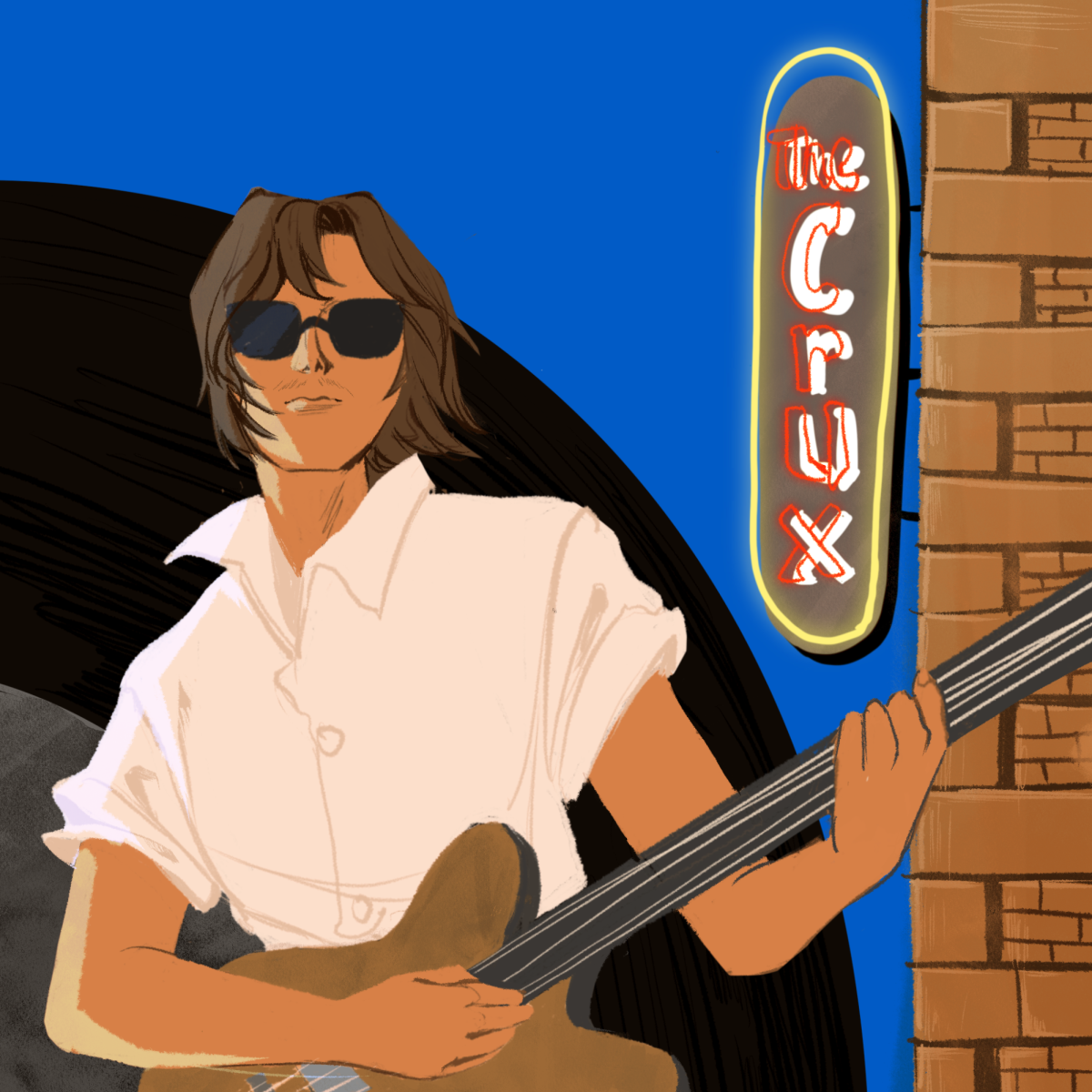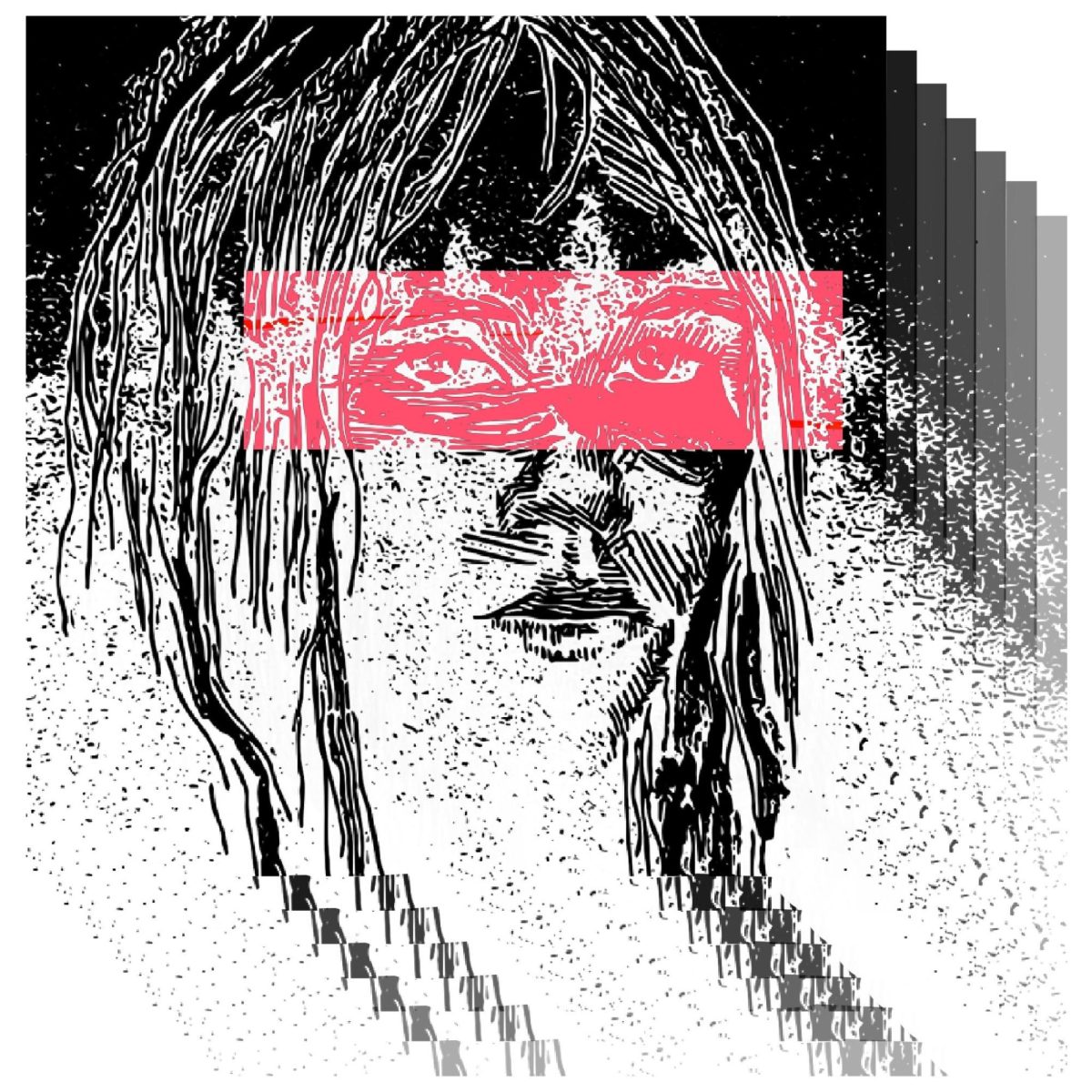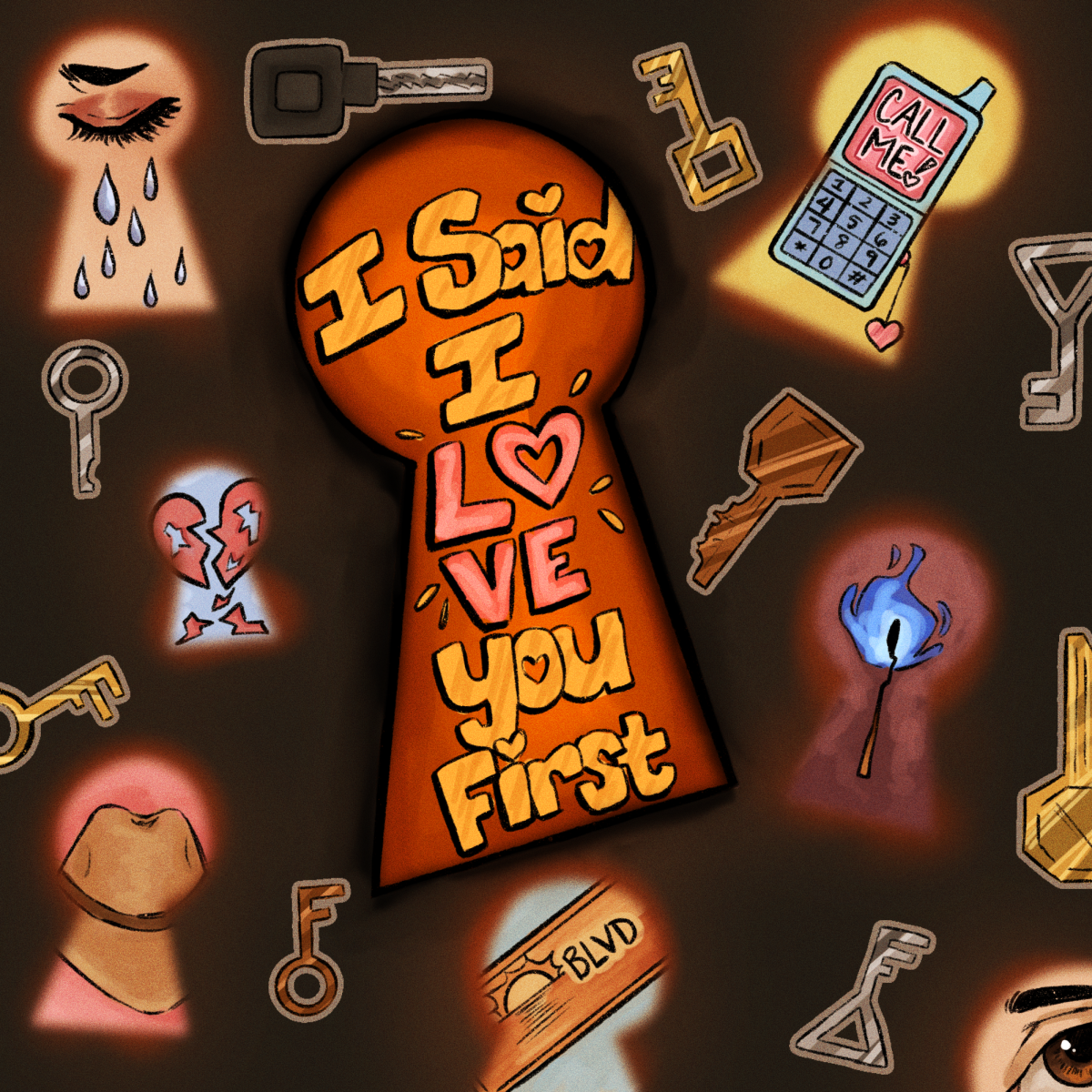Experimental psychedelic folk singer, songwriter Natalie Mering of Weyes Blood said she has been performing on her own wavelength since she began writing music at 15.
In April 2019, she released her fourth and highest-charting album, Titanic Rising, on which she shared her perspectives on modern dating, climate change and reactions to major world events.
Ahead of her performance at the Austin City Limits Music Festival, Weyes Blood talked with The Daily Texan about her most recent album and artistic motivations.
Daily Texan: What inspired your most recent album?
Weyes Blood: Well, the album is called Titanic Rising, which is kind of about rising sea levels and things eventually being underwater. But water is also symbolic for the dream world. The bedroom that exists on the cover is kind of like a symbolic place. In Western culture, the teenage bedroom is our initiation into the world, even though it’s a really delusional initiation. It’s a safe space where you can create your own ideas about reality, so putting that bedroom underwater just means it’s a sacred, secret space. And I’m not drowning in it. You can see my eyes are open. On the back of the cover, I’m at the surface breathing.
DT: During the first few moments of the album’s second song, “Andromeda,” the music starts, pauses and then changes. How important is it to capture every millisecond of a song?
WB: That was a happy accident. I always try to include happy accidents and a little bit of chaos in the recording process. When I wrote the song, that (part) wasn’t written, so that was actually a physical accident that happened at the top of the song that we decided to keep because it sounded so good.
DT: Have any of your tour experiences sparked ideas for new songs, or are you more focused on each night’s performances?
WB: I get a lot of little tidbits of inspiration on the road. It’s mostly just playing shows and staying sane on the road. But I get glimpses of melodies during sound checks, and I’ll work on chord changes a little bit when I get a chance. And then I’ll get lyrics that float through my head, and I’ll make voice memos and notes. Those get funneled into new material.
DT: What are your expectations for ACL weekend? How does your performance style differ when you play for larger or smaller audiences?
WB: I think the small shows are vibier. You kind of hear what your audience is saying. The banter can be a little bit funnier. You can work the room in a way that’s a little easier. Once you get with the big audiences, it gets a little bit louder and more transcendent. It becomes a little bit larger than life. In a way, that’s really cool, but you’re not going to have as much control over the whole crowd.




















